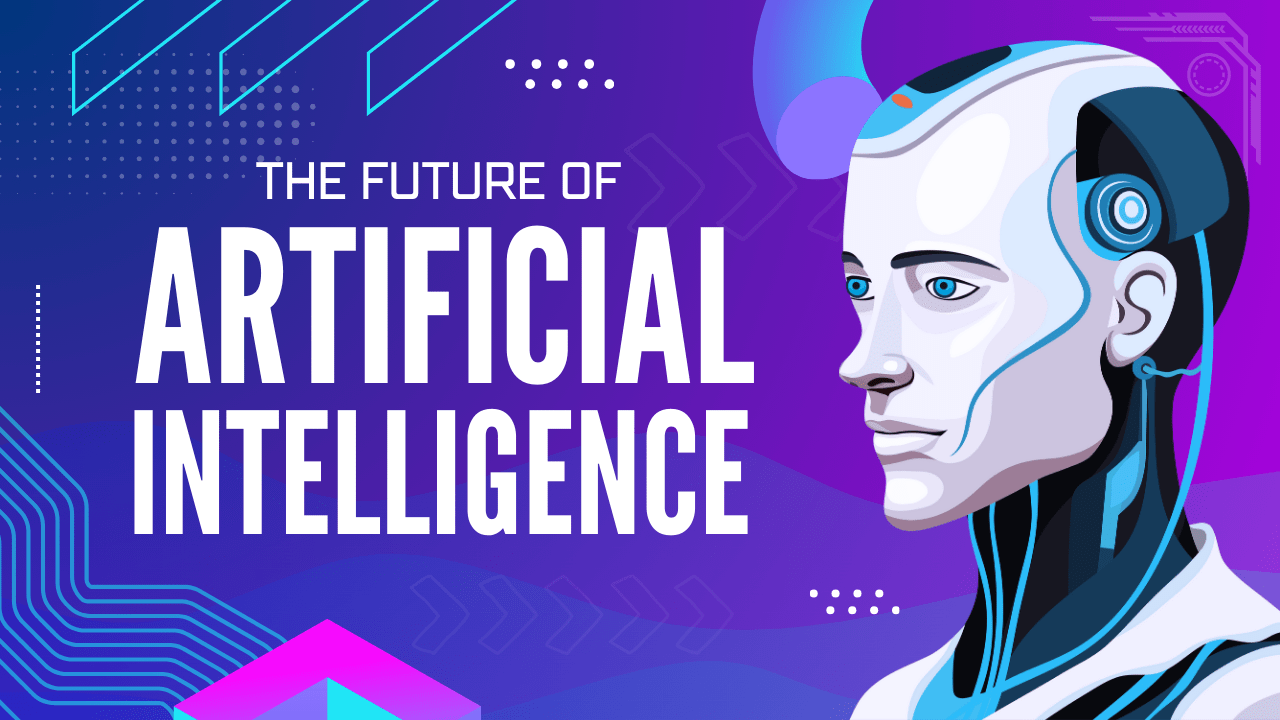Artificial Intelligence (AI) continues to revolutionize various industries, driving innovation and transforming the way we live and work. As we navigate through 2024, several key trends are emerging that promise to shape the future of AI. This blog post delves into these trends, providing insights into how they are set to impact the tech landscape.
1. Future of AI in Healthcare: Precision Medicine and Beyond
The healthcare sector is witnessing a significant transformation with the integration of AI. In 2024, AI-powered precision medicine is becoming more prevalent, enabling personalized treatment plans based on individual genetic makeup, lifestyle, and environmental factors. Machine learning algorithms analyze vast amounts of data to identify patterns and predict patient outcomes, leading to more accurate diagnoses and effective treatments.
Moreover, AI-driven predictive analytics are helping healthcare providers anticipate outbreaks and manage resources more efficiently. The continuous advancements in natural language processing (NLP) are enhancing patient interactions with chatbots and virtual health assistants, making healthcare more accessible and efficient.
2. Future of AI and Cybersecurity: Enhancing Protection Measures
As cyber threats become increasingly sophisticated, AI is playing a crucial role in enhancing cybersecurity measures. AI algorithms are capable of detecting and responding to threats in real time, identifying unusual patterns and mitigating risks before they escalate. In 2024, we are seeing more organizations adopting AI-driven security solutions to protect sensitive data and infrastructure.
Machine learning models are being trained to recognize and counteract new forms of malware and phishing attacks. Additionally, AI is improving incident response times by automating routine security tasks and allowing cybersecurity professionals to focus on more complex issues.
3. Future of AI in Autonomous Vehicles: The Road Ahead
The development of autonomous vehicles (AVs) is accelerating, with AI at the forefront of this innovation. In 2024, we are witnessing significant strides in the deployment of AVs, from self-driving cars to autonomous delivery drones. AI systems are enhancing the safety and reliability of these vehicles by processing real-time data from sensors and cameras, enabling them to navigate complex environments with minimal human intervention.
AI-driven advancements in vehicle-to-everything (V2X) communication are further enhancing the efficiency of AVs. This technology allows vehicles to communicate with each other and with infrastructure, improving traffic management and reducing accidents.
4. Future of AI and Climate Change: Driving Sustainability Efforts
AI is becoming a powerful tool in the fight against climate change. In 2024, AI applications are helping to monitor and mitigate the effects of climate change through predictive analytics and data-driven insights. For instance, AI models are being used to predict weather patterns, track deforestation, and optimize energy consumption.
Renewable energy sectors are leveraging AI to enhance the efficiency of solar and wind power generation. Machine learning algorithms are optimizing grid management, reducing energy waste, and integrating renewable energy sources more effectively. These efforts are crucial in advancing global sustainability goals and reducing our carbon footprint.
5. Future of Ethical AI: Addressing Bias and Accountability
As AI becomes more integrated into society, ethical considerations are paramount. In 2024, there is a growing emphasis on developing fair, transparent, and accountable AI systems. Efforts are being made to address biases in AI algorithms that can lead to unfair outcomes, particularly in areas like hiring, law enforcement, and financial services.
AI ethics frameworks are being established to guide the development and deployment of AI technologies. These frameworks emphasize the importance of diverse training data, regular algorithm audits, and the inclusion of multidisciplinary teams to ensure that AI systems are equitable and just.
Conclusion
The advancements in AI in 2024 are driving significant changes across various sectors, from healthcare and cybersecurity to autonomous vehicles and sustainability efforts. As AI technology continues to evolve, it is essential to address ethical considerations and ensure that AI systems are designed and implemented responsibly. By staying informed about these trends, businesses and individuals can harness the power of AI to drive innovation and create a better future.
Embrace the future of AI today, and stay ahead of the curve by integrating these cutting-edge trends into your strategies and operations. The potential of AI is immense, and its impact on our world is only beginning to unfold.


